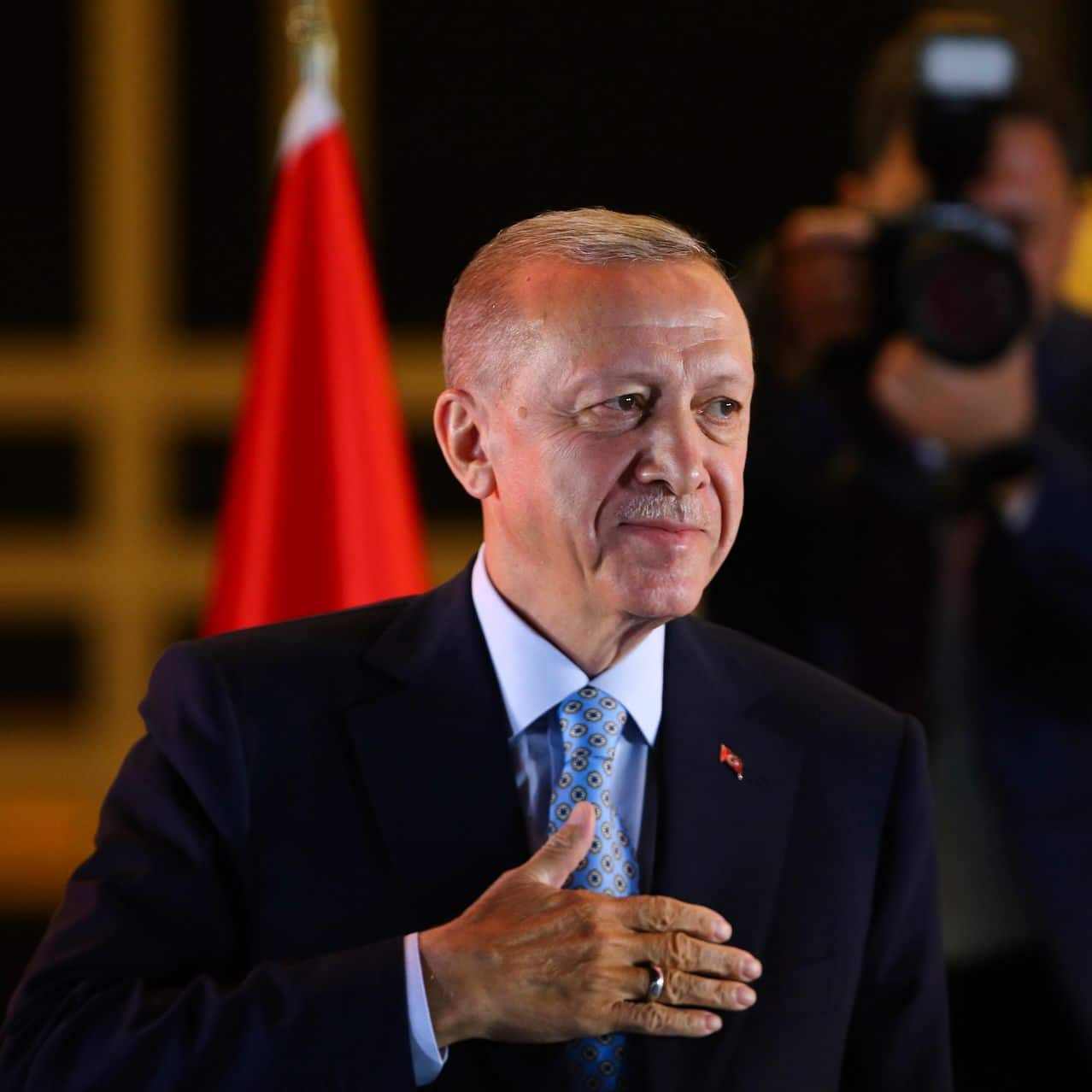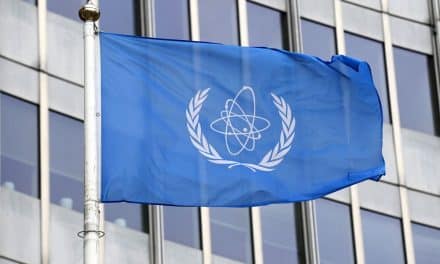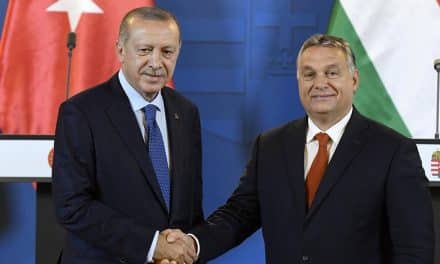The Turkish presidential election of 2023 has concluded, and incumbent President Recep Tayyip Erdogan has emerged victorious, extending his two-decade rule. The election was a landmark event, marked by a highly competitive runoff that reflected Turkey’s stark and persistent political polarization.
With 99.43% of the vote counted, Turkey’s supreme election authority announced that Erdogan had won 52.14% of the votes, while his rival Kemal Kilicdaroglu received 47.86%. The gap of more than two million votes between the candidates meant that the remaining uncounted votes would not change the result.
Erdogan’s victory was not unexpected. Despite a spirited challenge from Kilicdaroglu, Erdogan’s political acumen and his grip on power proved too strong. The election was seen as the greatest political challenge yet for Erdogan, who has vexed Western allies with his increasingly authoritarian rule.
The election was also significant for its impact on Turkey’s foreign policy and economy. Erdogan’s victory will likely continue Turkey’s current trajectory, which has seen the country cultivate ties with Russia and Gulf states, often to the chagrin of its NATO allies. Economically, Erdogan’s rule has been marked by a plunging currency and high inflation, issues that will continue to challenge his administration.
The election was not without controversy. Critics have accused Erdogan of suppressing dissent, curbing media freedoms, and undermining the country’s democratic institutions. However, his supporters argue that he has brought stability and economic growth to Turkey, transforming it into a regional power.
In his victory speech, Erdogan thanked his supporters and promised to continue working for the betterment of Turkey. He also extended an olive branch to his opponents, stating that he would work towards unity and consensus in his next term.
Sources:





